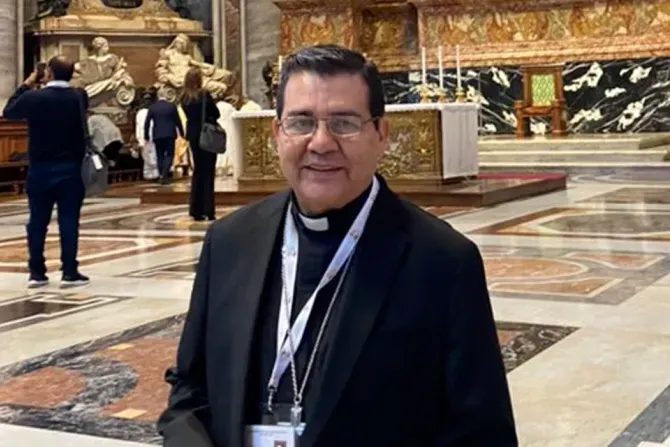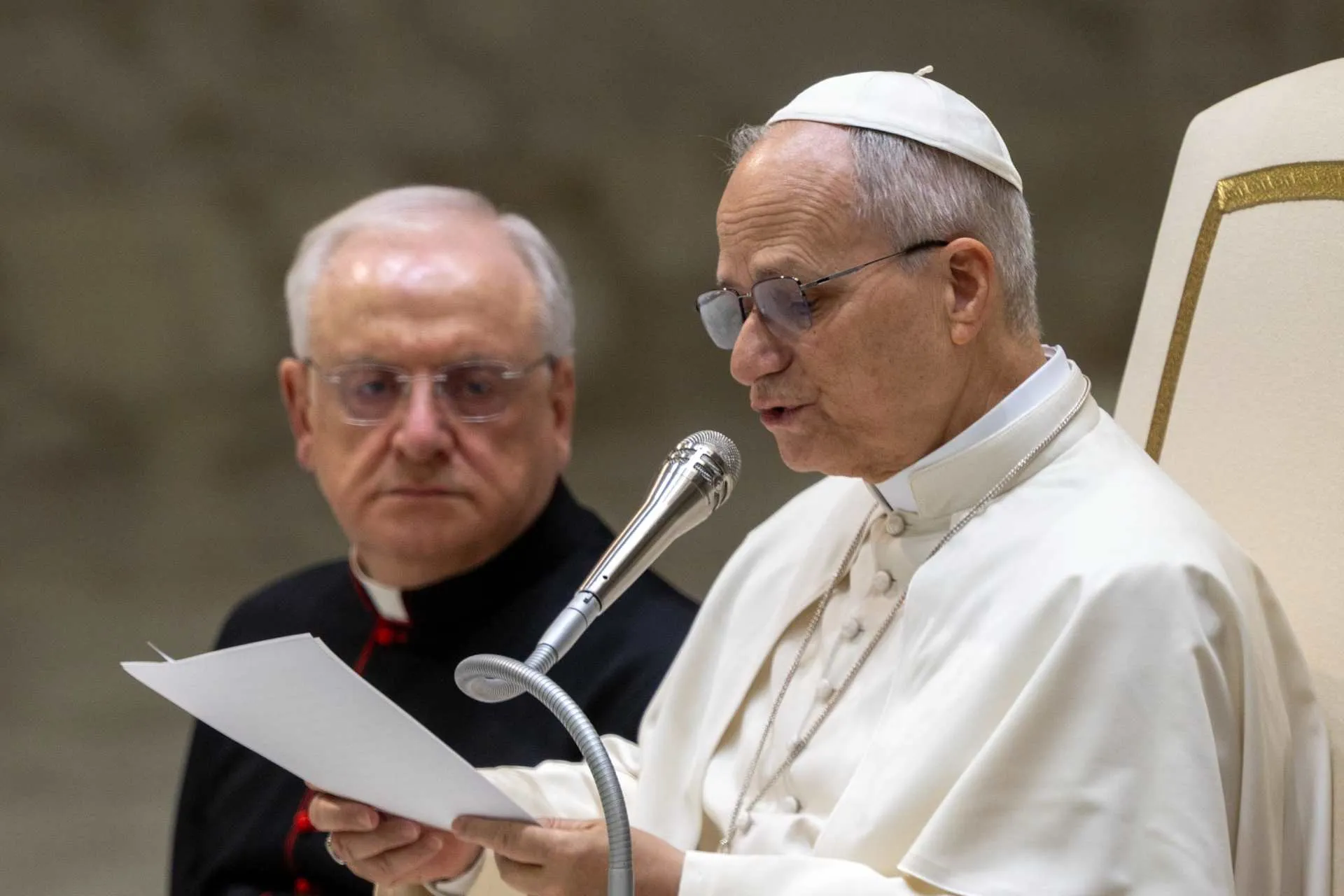Aboard the papal plane, 20 October, 2023 / 5:00 pm (ACI Africa).
The archbishop of Durango, Mexico, Faustino Armendáriz, commented that “it’s a challenge to seek the will of God” at the Synod on Synodality, where he is a participating member. The synod is taking place at the Vatican through Oct. 29 and for the first time laypeople, including 54 women, will have the right to vote.
The Synod of Synodality was announced in October 2021 with the theme “For a synodal Church: communion, participation and mission.” Hundreds of people, including bishops, priests, and laypeople, are taking part in this year’s session, which will be followed by a second session in October 2024.
“Here it is a challenge to seek God’s will, not ours,” Armendáriz noted. “Many voices are heard saying ‘this is going to happen,’ ‘this is going to change,’ ‘that is going to be removed.’ No. What is the will of God? That is what we want to discover,” the prelate said in an interview with ACI Prensa, CNA’s Spanish-language news partner.
Armendáriz considered that the many proposals and experiences shared will enlighten the participants to help them “see with more hope this path of the Church” in which there are some voices that “are very far from imagining what we really want.”
“What we want,” he emphasized, “is not to remove what already exists but to strengthen it with the desire for our churches to be living churches.”








